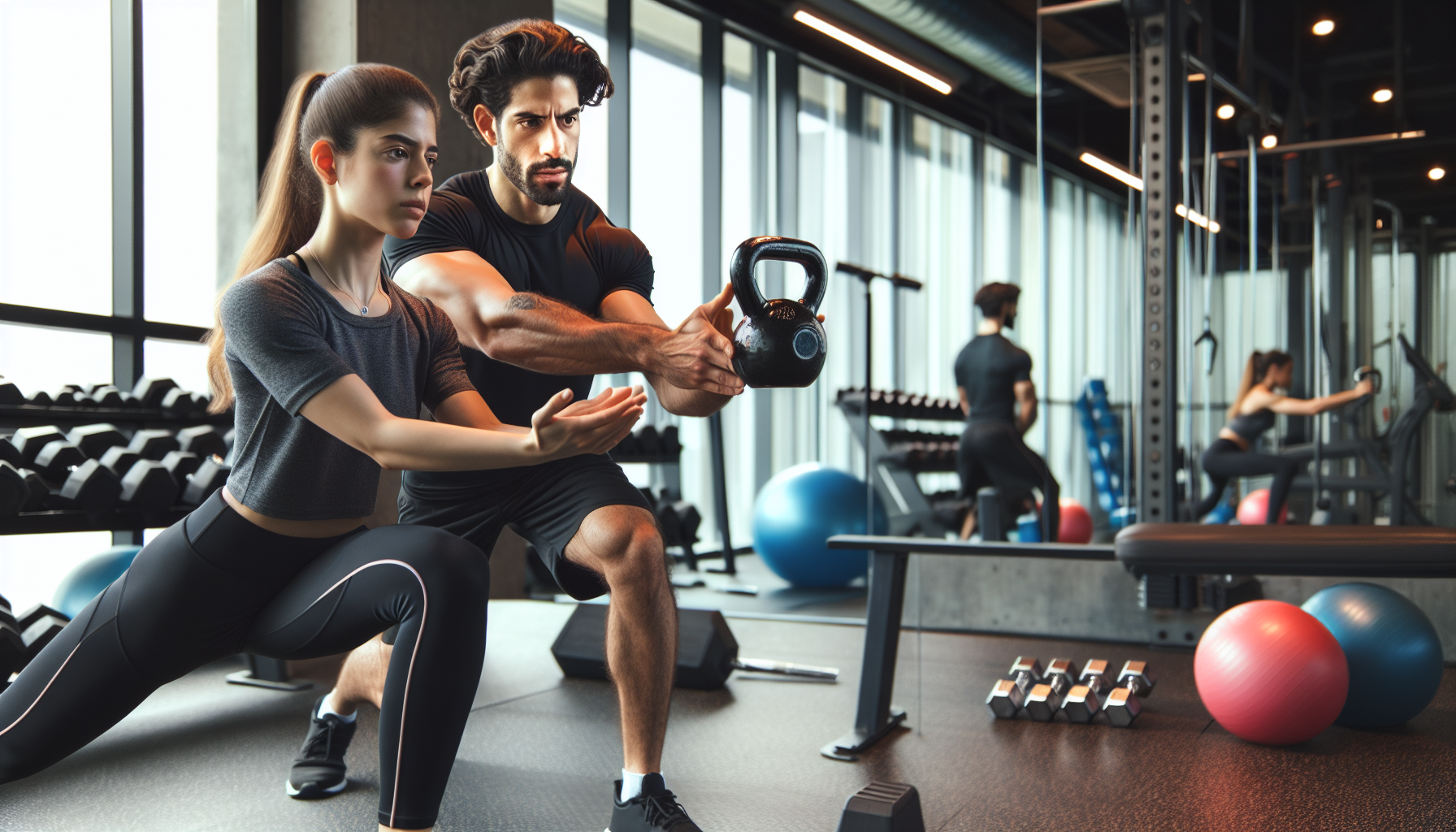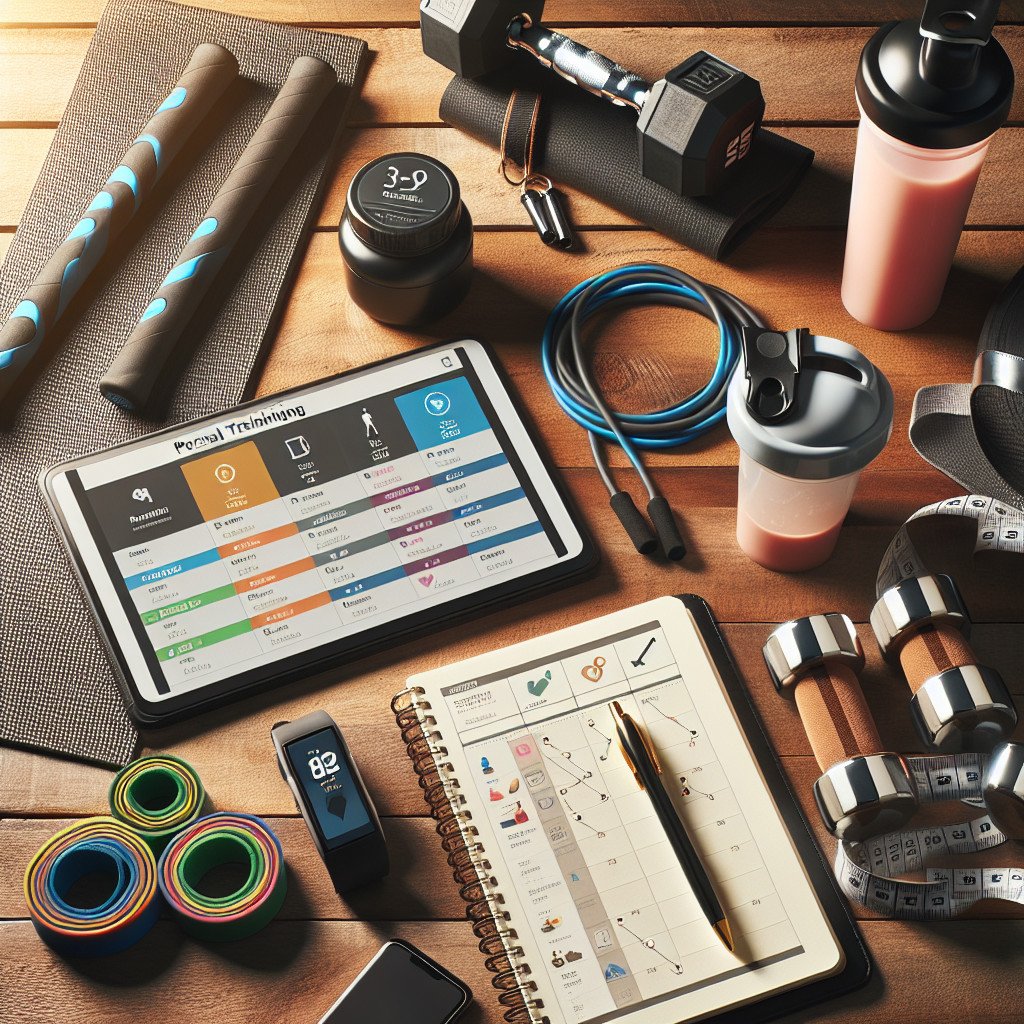Choosing a fitness trainer is a pivotal step in your fitness journey. A good trainer can help you set realistic goals, keep you motivated, and push you to achieve more than you might on your own. This guide aims to provide you with comprehensive insights into selecting a trainer who is the best fit for you and your fitness aspirations.
Understanding the Role of a Fitness Trainer
A fitness trainer is more than just an instructor; they are your guide, motivator, and support system in your quest for physical health and wellness. They possess the knowledge and experience to design workout programs tailored to your needs and abilities while accounting for any health considerations or limitations.
Before embarking on your search for the perfect fitness trainer, it’s essential to have a clear understanding of your own fitness goals. Whether you’re looking to lose weight, gain muscle, improve your cardiovascular health, or simply maintain a healthy lifestyle, a trainer can be instrumental in helping you get there.
Key Qualities to Look For in a Fitness Trainer
When choosing a fitness trainer, consider the following attributes:
Credentials and Specializations
Ensure your potential trainer has the necessary certifications from reputable organizations. These credentials are indicative of a professional who has undergone the required education and training to guide you effectively. Additionally, some trainers may have specializations in areas such as strength training, pilates, yoga, or nutritional guidance, which could align with your specific goals.
Experience and Expertise
The experience level of a trainer can greatly impact your training. An experienced trainer will likely have dealt with a variety of clients and scenarios, making them adept at creating personalized and adaptive fitness plans. Look for someone who has a track record of helping individuals with similar goals to yours.
Communication and Compatibility
Effective communication is critical. A trainer should be able to clearly explain exercises, listen to your concerns, and provide constructive feedback. Additionally, your personal compatibility with the trainer is crucial for maintaining a positive and productive relationship.
Philosophy and Methods
Every trainer has their philosophy and methodology when it comes to fitness. Some may prioritize high-intensity training, while others might focus on a more holistic approach, integrating mindfulness and recovery into the regime. Ensure their methods resonate with your preferences and beliefs about fitness and health.
References and Testimonials
Don’t hesitate to ask for references or read testimonials from current or former clients. Real-world feedback can provide insights into the trainer’s effectiveness and client satisfaction.
Researching Potential Trainers
Once you’ve identified what you’re looking for in a fitness trainer, the next step is research. Begin by checking local gyms, fitness centers, and online directories. Many trainers also have a social media presence where you can glean information about their training style and client interactions.
When you’ve narrowed down your list, schedule consultations to meet the trainers. This is a perfect opportunity to ask questions, discuss your goals, and get a feel for their personality and coaching style.
Assessing Your Chemistry with the Trainer
Chemistry between you and your trainer is paramount. You should feel comfortable and trust in their ability to guide you. During your initial meetings, take note of how they address your concerns, whether they are punctual and prepared, and if their enthusiasm about your fitness journey matches yours.
Making an Informed Decision
Making the final decision on a fitness trainer should come after careful consideration of all the factors mentioned. It’s also wise to review their policies on scheduling, cancellations, and payment to ensure there are no misunderstandings.
Continuing Education and Staying Current
Fitness is an ever-evolving field, and a good trainer will stay updated on the latest research and trends. Ask potential trainers about their commitment to continuing education, which can be a sign of their dedication to their profession and to providing you with the best guidance possible.
External Resources for Further Information
To support your search for the perfect fitness trainer, consider visiting the following external resources:
- The National Strength and Conditioning Association offers insights into the importance of certified fitness professionals.
- IDEA Health & Fitness Association provides a detailed trainer search tool to help you locate certified trainers in your area.
- The American Council on Exercise has a valuable resource on what to look for in a personal trainer.
By tapping into these resources, you can further equip yourself with the knowledge to select a trainer who will be a true asset to your fitness journey.
Conclusion
Choosing the right fitness trainer is a critical step towards achieving your health and fitness goals. Look for a trainer with the right credentials, experience, and an approach that aligns with your personal fitness philosophy. Remember, this is an investment in your health, so take the time to choose someone who will inspire and challenge you to be your best self.



